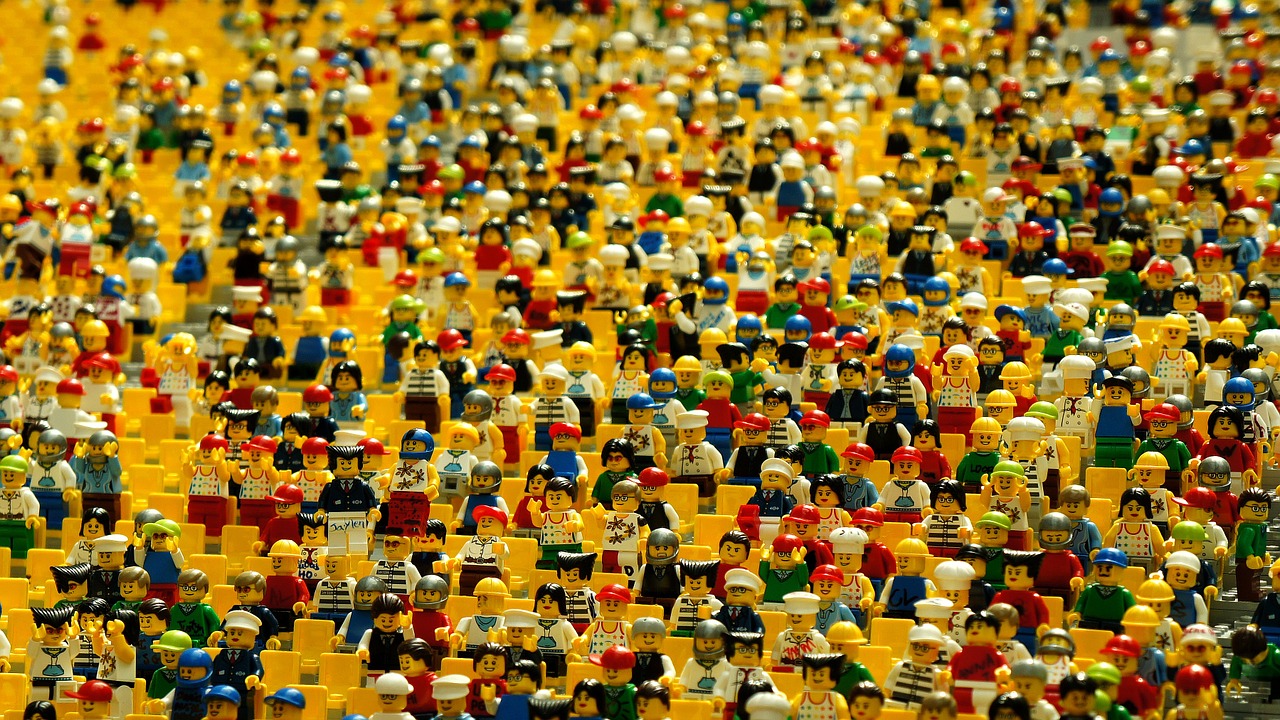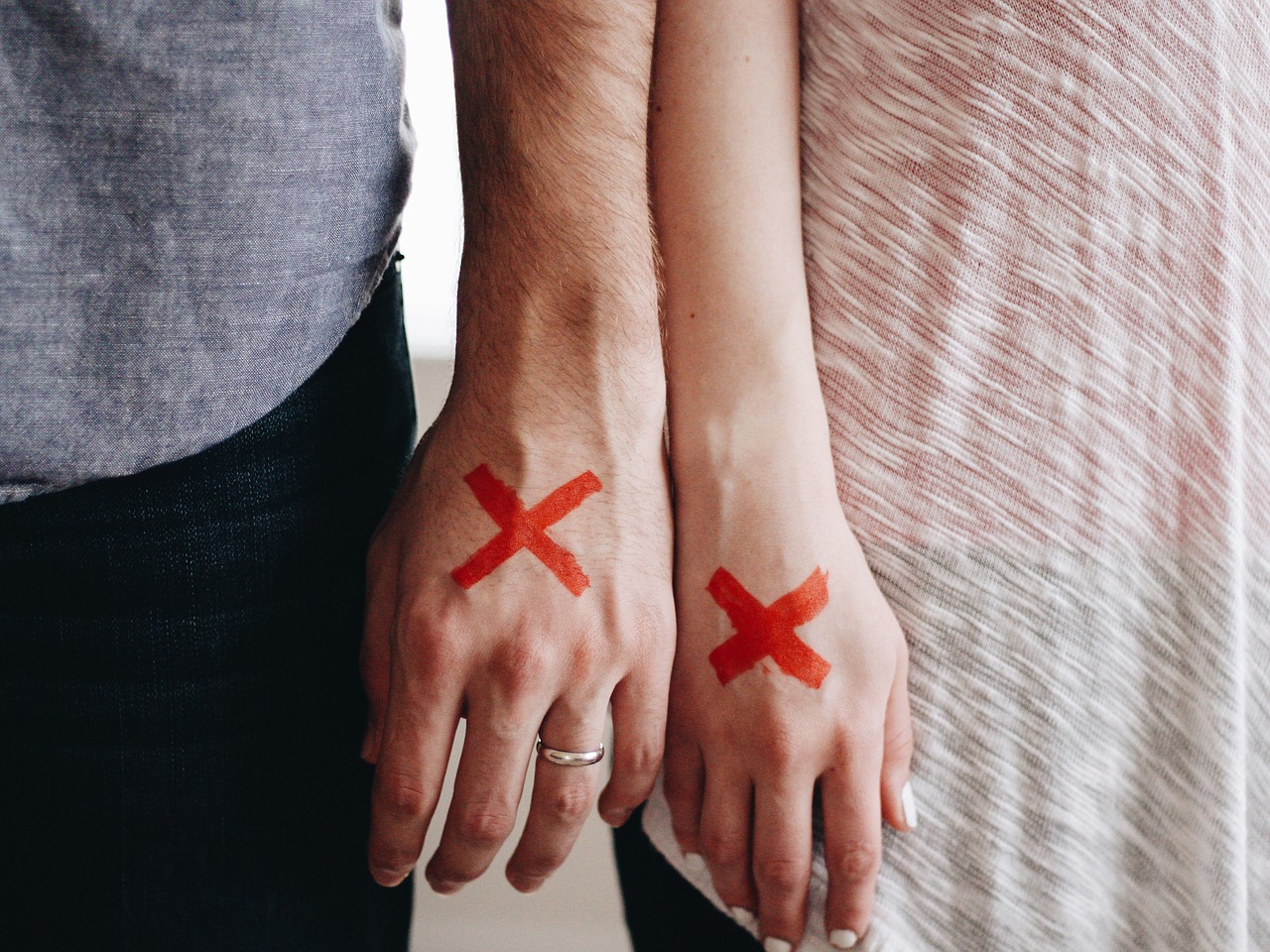A common argument against human rights laws in the UK is that they are ‘undemocratic’. This is because some claim that human rights laws, and the judges enforcing them, stop elected politicians from making some of the decisions they want to.
Ignoring the fact that human rights laws were put in place by our politicians, this is a reflection of a very basic view of democracy. Under this limited view of democracy, politicians can do whatever they want when elected, which on the face of it sounds sensible; that’s what they’re there to do.
But there’s a big problem with this understanding of democracy, which human rights can help fix.
Tyranny of the Majority

By its very nature democracy rewards the majority – if you get the most votes you win. This ‘winner takes all’ situation is worrying for minorities in a country, because if a political party only needs to rely on the majority to get into power, it may not do much for the minority when in power – or even worse, may discriminate against minorities to benefit the majority. This problem is called the ‘tyranny of the majority’.
This was seen vividly in Northern Ireland during The Troubles. The Protestant majority in Northern Ireland governed in a way that discriminated against the Catholic majority, in terms of access to public sector jobs, education and social housing. The majority could safely discriminate against the minority, as they did not need their votes to stay in power.
How can Human Rights Help?

Human rights can help to prevent the tyranny of the majority by giving everyone legal rights that a Government elected by a majority cannot simply disregard. The prohibition of discrimination under the Human Rights Convention (to which the UK is a party), which takes effect in UK law through the Human Rights Act 1998, is very important in this regard.
Human rights help democracy to work better, by ensuring that nobody is left behind, especially if they have little voice through the political process.
If you look through RightsInfo’s collection of human rights stories, you will see many examples where human rights have empowered minorities against the majority. In many cases, the unfair treatment of minorities is a sad by-product of the way minority voices, needs and views can go unheard in democratic societies. Human rights help democracy to work better, by ensuring that nobody is left behind, especially if they have little voice through the political process.
Different Strokes

Most countries have legal human rights protections which aim to protect minorities, but how the protections actually work differs between states. For example, the German constitution tells judges to block actions by the Government, or laws passed by their Parliament, which breach human rights.
In the UK, the Human Rights Act does not allow judges to block any laws (contrary to how human rights cases are often portrayed in the media). The Human Rights Act only allows judges to issue a declaration of incompatibility if they conclude that a law breaches human rights, and they ask Parliament to think again. Parliament can ignore declarations of incompatibility, but has never done so.
Promoting Democracy

Human rights also improve democracy in other ways. The rights to free speech and association are absolutely essential in a fully-functioning democracy. Elections would not be free and fair if rival parties and activists could not associate or speak freely against the current Government.
But, conversely, democracy also benefits human rights. Although the meaning and content of the rights in the Human Rights Convention are generally clear, that does not necessarily mean all the rights must be implemented the same way in every country.
Human rights are an essential part of a fully functioning democracy; they work with democratic processes to improve their flaws to help us work towards a free, fair, compassionate and inclusive society.
For example, there is a right to education, but does that mean we should ban fee paying schools? Also, certain rights are not absolute, meaning they can be restricted “in accordance with law” when “necessary in a democratic society”. There should be certain limits to freedom of expression, for example to ban hate speech, but where do we draw the line? Democratic decision-making is the best way to work all of this out.
So, human rights are not undemocratic. They are an essential part of a fully functioning democracy; they work with democratic processes to improve their flaws to help us work towards a free, fair, compassionate and inclusive society.
For more information:
- Read our post giving a brief history of democracy in the UK.
- Take a look at our top 50 human rights cases which changed Britain.
- Learn more about the rights in the Human Rights Convention with our infographic posters.






